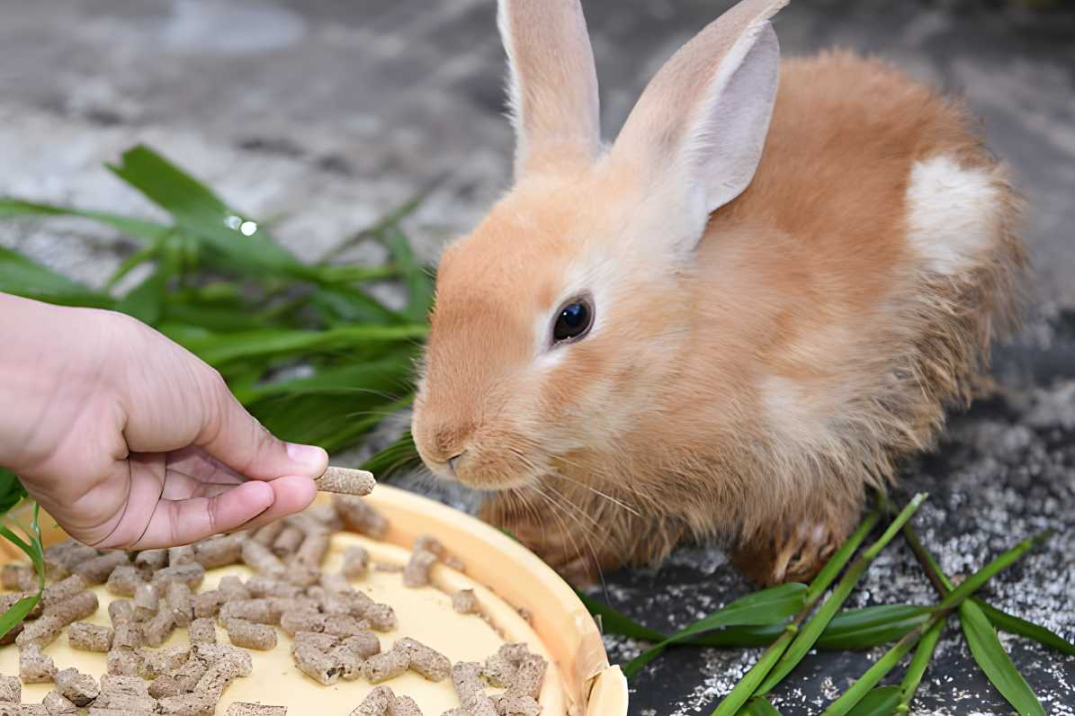How Long Can a Rabbit Go Without Eating?
As pet owners, it is important to understand the needs and behaviors of our furry companions. If you are a rabbit owner, you may have wondered how long your pet can go without eating. Rabbits have a unique digestive system and specific dietary requirements, making their eating habits a crucial aspect of their overall health and well-being.

The Importance of a Healthy Diet for Rabbits
Rabbits are herbivores, which means their diet consists mainly of plant-based foods. They have a delicate digestive system that requires a balance of fiber, nutrients, and water to function properly. A healthy rabbit diet typically includes hay, fresh vegetables, and a small amount of pellets.
- Hay: The primary source of nutrition for rabbits is hay. It provides essential fiber that aids in digestion, prevents hairballs, and keeps teeth in good condition. Rabbits should have unlimited access to fresh, high-quality hay at all times.
- Fresh Vegetables: Alongside hay, rabbits should be offered a variety of fresh vegetables daily. Leafy greens like romaine lettuce, kale, and parsley are excellent choices. These vegetables provide additional nutrients and hydration for your rabbit.
- Pellets: Pellets are concentrated food sources that contain essential vitamins and minerals. However, they should only make up a small portion of a rabbit’s diet. It is crucial to choose high-quality pellets with minimal fillers or additives.
How Long Can a Rabbit Go Without Eating?
Rabbits have a unique digestive system that requires a continuous flow of food to maintain a healthy gut. Unlike humans, rabbits cannot vomit or burp, which makes it crucial for them to constantly have food moving through their system. If a rabbit stops eating, it can quickly lead to serious health problems.
- 24 Hours: If a rabbit goes without eating for 24 hours, it is a cause for concern. This could be an early sign of a digestive issue or another underlying health problem. It is essential to monitor your rabbit closely and consult a veterinarian if the lack of appetite persists.
- 48 Hours: If a rabbit goes without eating for 48 hours, it is considered a veterinary emergency. The longer a rabbit goes without food, the higher the risk of its digestive system shutting down. Without intervention, this can lead to a life-threatening condition called gastrointestinal stasis.
- Gastrointestinal Stasis: Gastrointestinal stasis occurs when a rabbit’s digestive system slows down or stops completely. This condition can be caused by various factors, including stress, diet changes, dental issues, or pain. Symptoms of gastrointestinal stasis include loss of appetite, decreased fecal output, lethargy, and a hunched posture. If you suspect your rabbit has gastrointestinal stasis, seek immediate veterinary attention.
FAQs about a Rabbit’s Eating Habits
1. Can a rabbit survive on hay alone?
Yes, hay is an essential part of a rabbit’s diet. It provides the necessary fiber for proper digestion and helps maintain their dental health. However, a balanced diet should also include fresh vegetables and a small amount of pellets for a complete nutritional profile.
2. How often should I feed my rabbit?
Rabbits should have access to hay at all times. Fresh vegetables should be offered daily, and a small portion of pellets can be given as a supplement. It is important to monitor your rabbit’s eating habits and adjust their diet accordingly, as individual rabbits may have different needs.
3. What are the signs of a digestive problem in rabbits?
- Loss of appetite or decreased food intake
- Abnormal or reduced fecal output
- Bloating or a distended abdomen
- Weight loss
- Changes in behavior, such as lethargy or excessive grooming
4. Can stress affect a rabbit’s eating habits?
Yes, rabbits are sensitive creatures, and stress can impact their appetite. Changes in their environment, such as a new home, loud noises, or the presence of predators, can cause a rabbit to stop eating. Ensuring a safe and calm environment for your rabbit is essential for their overall well-being.
Remember, a healthy diet plays a vital role in the overall health and longevity of your rabbit. If you notice any changes in your rabbit’s eating habits or suspect a digestive problem, it is always best to consult a veterinarian for proper diagnosis and treatment.
Related Articles…
Copyright Notice:
All images featured on this site are sourced from the internet, copyrights belong to respective owners. Should you own any image and require it to be removed, please contact us.